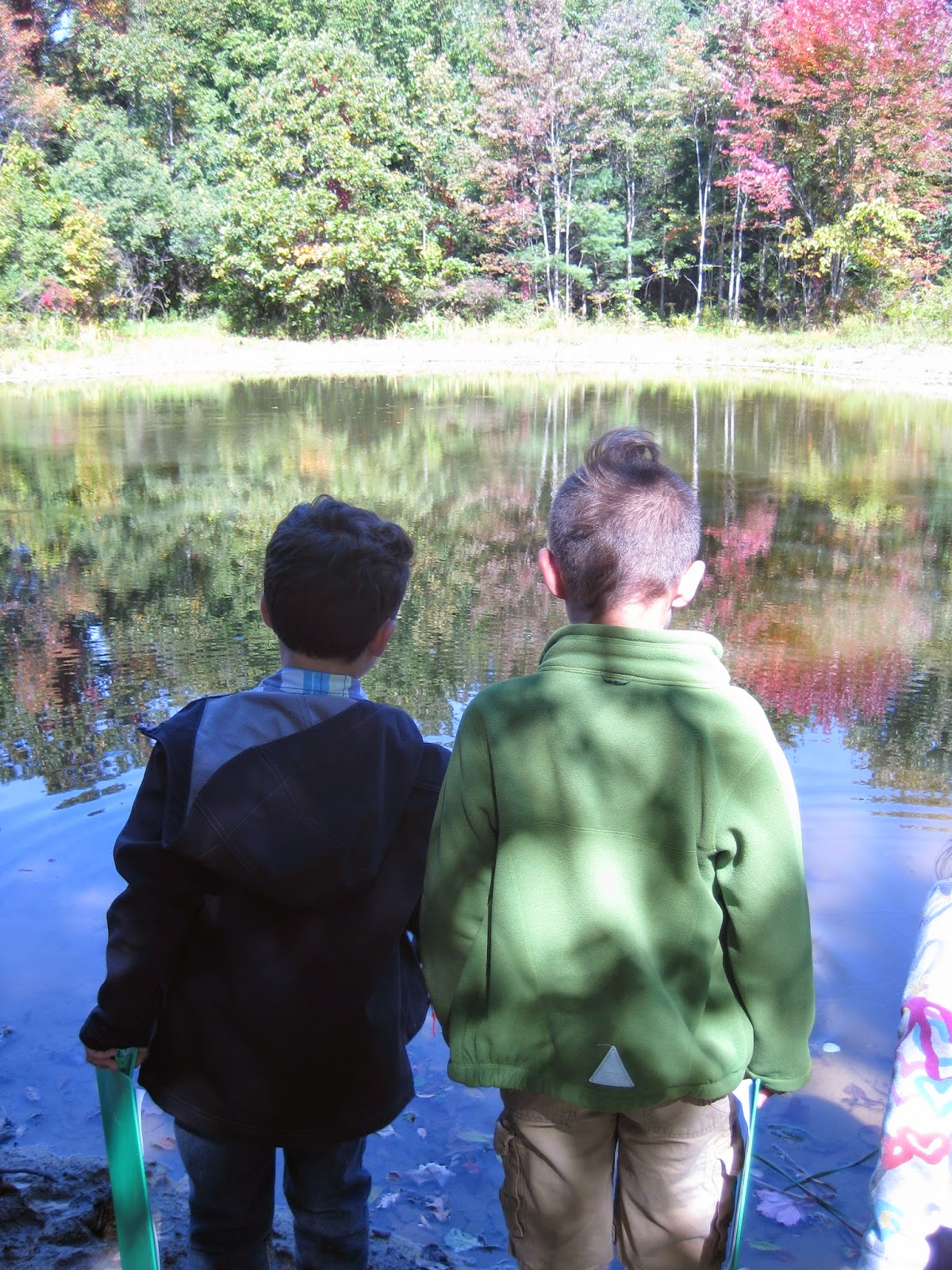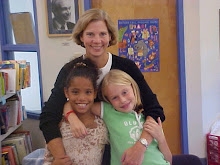We have just concluded two days together as a faculty, hiking in the woods and talking about the curriculum for the coming year and all the connections we will be making. It is clear that students will be challenged every day to think in new ways and take intellectual, social and physical risks. The idea is that when students try something they are perhaps uncertain about, they find they can do it, and they build increased confidence to try the next new thing.
One of our faculty activities was to answer two questions and share answers with several partners in quick succession: Why do you care enough to work at Parker? and What moves you about Parker and its work? The answers touched on common themes and we all felt inspired.
- We believe passionately in the school's mission.
- We love the commitment to a fun, meaningful education that creates empathy and a close community.
- The school values the child and the process of learning - and that is marvelous and uncommon.
- We embrace the natural world every day.
What moves us?
- We have seen how the school changes kids' lives
- The school builds students' confidence and inspires them.
- Students like themselves and know that they are valued for who they are.
- Students and adults together have autonomy and are happy.
- By being intentional about it, the school builds children's belief and understanding that they can make a difference for others and the world.
Everyone at Parker tries the low ropes elements at some point. This year, teachers tried negotiating the tires. For me, it looked like fun, and I jumped right up. For a few others, it looked scary, and they jumped in anyway. A few decided to sit it out - maybe next time.
I was reminded that each year, students have the same varied levels of tolerance that we did for trying out the tires. The confidence that we witness as it develops in students, and that we see in every graduate, comes from the daily practice of trying new things in an atmosphere of support. It is one of the ways that Parker moves all of us.
(I'm in the skirt...)













